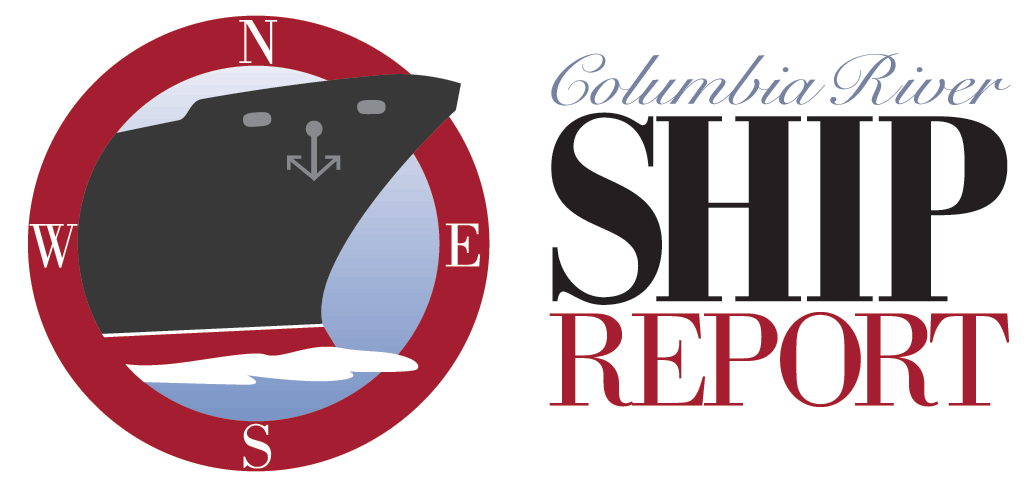The Most Recent Ship Report Podcast:
Archive Podcasts:
Today, a real look at how weather can affect ship traffic
We’ve got some rowdy weather on the Columbia River Bar today and it may cause ships to be delayed until the weather’s better. We’ll take a look at how that sort of thing works and what you can expect.
Podcast: Play in new window
Another round of atmospheric river conditions kicks in Tuesday
We seem to be in an atmospheric river phase at the moment: we’ll talk about what to expect today from a maritime perspective.
Podcast: Play in new window
Another atmospheric river today – let’s look at what’s next
We’ll be looking at more atmospheric river activity this week. We’ll take a look at what to expect. The short answer: with already saturated soils in our region, be prepared for power outages, landslides and downed trees. We’ll also take a look at today’s ship schedule.
Podcast: Play in new window
A look at crazy rainfall totals from our atmospheric river, and what’s next…
Today we’ll take a look at some really crazy rainfall totals from this week’s storm, and a look at what’s next as next week unfolds. The short answer: more rain.
Podcast: Play in new window
A break in the weather, but experts say there’s more to come in this rainy December
We haven’t seen the last of atmospheric river activity this month, according to the National Weather Service Climate Prediction Center. We’ll take a look at the long range forecast for what could shape up to be a very wet rest of December, and January.
Podcast: Play in new window
A look at the effects of our atmospheric river
Yesterday we got pounded with heavy rain and wind as an atmospheric river lumbered its way across our region. We’ll take a look at the effects of all that rain so far, as rains continue today.
Podcast: Play in new window
Winter Boater Safety Inspection Event Dec. 27th in Astoria
If you have a trailerable recreational boat registered in Oregon, consider bringing your boat down to the Clatsop County Sheriff’s Office Marine Patrol Winter Boater Safety Inspection Station event later this month. It’s happening Saturday, December 27 from 10 to 2, right across from Englund Marine at the Port of Astoria, and get your 2026 Oregon Boater Safety Inspection sticker.
You’ll need an up to date registration and some safety gear to qualify. It’s not only the law, it’s good safety stewardship for your vessel, the people you take on board, and any rescue personnel who might have to assist you in an emergency.
Podcast: Play in new window
Atmospheric rivers on the way
A somewhat “geeky” look at our upcoming weather, which includes one, possibly two atmospheric rivers over the next week. I’ll toss around (and explain) jargony terms like IVT and QPF, specific weather metrics that PNW meteorologists use to track weather intensity in rainy climates like ours.
Podcast: Play in new window
The Great Coastal Gale of 2007 remembered
This week in 2007, a series of damaging storms walloped our region, bringing high winds, rain and flooding, causing widespread damage.
This week, we’re looking at the usual wet winter weather. Eighteen years ago, it was a different story…
Today, we remember the Great Coastal Gale of 2007.
Special thanks to Long Beach Peninsula historian Frank Lehn, for his recollections shared in this show.
Podcast: Play in new window
An Ilwaco tradition comes around again: The 19th annual Crabpot Tree lighting
This Saturday at 5 pm sharp, Ilwaco will hold its 19th annual Crabpot Christmas Tree lighting. It’s a chance to come together to sing and honor a community tradition.
The event also also honors beloved Ilwaco community member Clint Carter, who passed this year. He wrote the Crabpot Tree Carol, which you’ll hear today on the show. This song is sung each year at the lighting of the tree, which is made entirely of Dungeness crabpots.
Podcast: Play in new window


